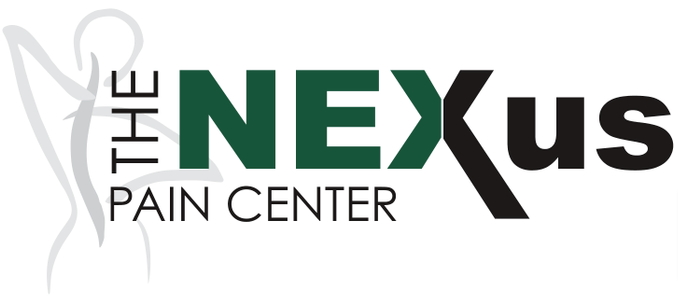Fibromyalgia Specialist
While the causes of the chronic pain condition known as fibromyalgia remain a mystery, the specialists at The Nexus Pain Center in Columbus and LaGrange, Georgia, treat the physical and mental suffering that comes along with it. Call or make an appointment online today to get relief from the amplified way your brain processes pain signals.
Fibromyalgia Q & A
What is fibromyalgia?
Fibromyalgia is a disorder in which you feel widespread musculoskeletal pain accompanied by tender points on your body that hurt when pressure gets placed on them. The most common pressure points are your:
- Neck
- Shoulders
- Back
- Hips
- Arms
- Legs
Other symptoms that accompany pain include:
- Tiredness
- Sleepiness
- Issues with your memory and mood
Although anyone can get fibromyalgia, it occurs primarily in women.
While a cause is unknown at this time, researchers believe fibromyalgia results from repeated nerve stimulation that involves an abnormal increase in levels of certain chemicals in your brain. This leads to your brain’s pain receptors becoming more sensitive and overreacting to pain signals.
How is fibromyalgia diagnosed?
The doctors at The Nexus Pain Clinic diagnose fibromyalgia after reviewing your medical history and performing a physical exam if you suffer widespread pain for more than three months and no underlying medical condition is found through X-rays and blood work.
How is fibromyalgia treated?
The goal of fibromyalgia treatment is to minimize your symptoms and improve your general health. Treatment and management of your fibromyalgia includes medication and self-care and is similar to the treatment of both arthritis and neuropathy.
Some of the options offered at The Nexus Pain Clinic include:
Epidural
Epidural steroid injections are an integral part of the nonsurgical pain management, particularly for your back and neck.
Facet blocks
Facet blocks include injections of both steroids and anesthesia into your inflamed joints to reduce your pain.
Radiofrequency Ablation
When you have radiofrequency ablation, radiofrequency waves get injected into your nerve through the use of an X-ray guided needle to disrupt your nerve’s ability to send pain signals.
Sacroiliac joint injections
Sacroiliac joint injections include the use of a local anesthetic like lidocaine or bupivacaine for immediate relief, as well as an anti-inflammatory medication like a corticosteroid to relieve pain over an extended period.
Nerve root blocks
Nerve root blocks offer fibromyalgia pain relief through an injection of a small amount of both a steroid and a numbing medication. The injection is placed into the spinal nerve that exits out of your spinal cord.
If conservative methods of physical therapy, stress reduction, and over-the-counter medications fail to ease your fibromyalgia pain, call or make an appointment online at The Nexus Pain Center location in Columbus or LaGrange, Georgia, today.
